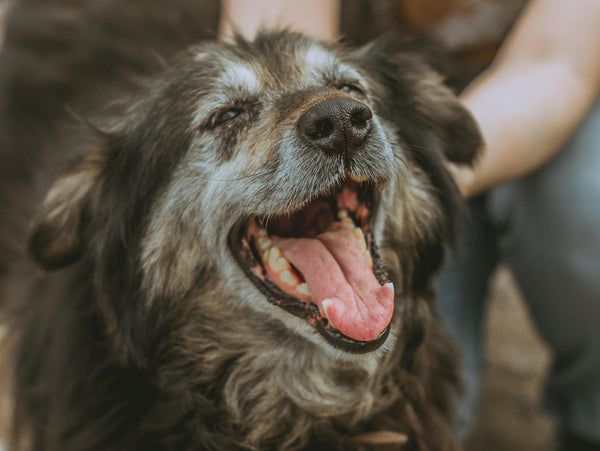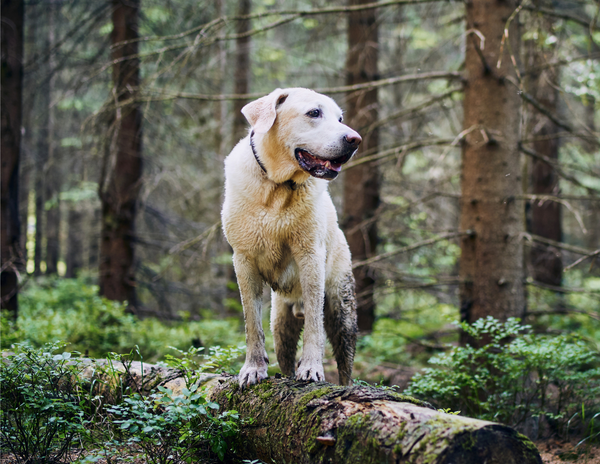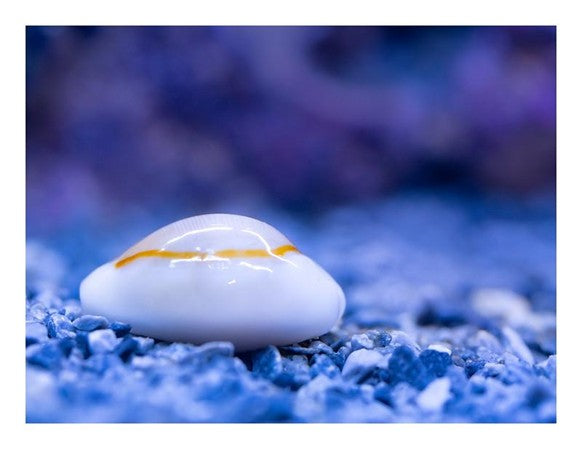Understanding Dog Anal Glands
Before we jump into solutions, let's start by understanding what dog anal glands are. Imagine these as teeny, tiny bags tucked on either side of a dog's bottom. These bags carry a unique, smelly liquid that's expelled when your doggie does his business. It's like their personal signature in the doggie world.
Sometimes things don't always go as smoothly as we'd like. Sometimes, our fur-babies struggle with emptying these glands on their own, and that can lead to all sorts of uncomfortable issues, even infections. By getting familiar with how these glands function, you'll be better equipped to spot and handle any potential hiccups for your precious pup.
Don't worry, though, most pooches are pros at expressing these glands without needing an extra hand. However, for some, they may need a bit of backup from their loving humans or a vet. Knowing the signs of anal gland trouble can be the first step toward ensuring your furry friend's comfort.
Signs Your Dog's Anal Glands Need Attention
Recognizing when your dog's anal glands need attention is crucial. Some tell-tale signs to watch out for include your dog scooting around, excessively licking their bum, or smelling fishy. Maybe your pup seems a bit antsy or has trouble going potty too.
If you spot any of these, it's time to act. Addressing these issues early can help keep bigger problems at bay. If left unchecked, these could turn into nasty infections or abscesses that hurt your dog and will need a vet's attention.
Regular Grooming and Anal Gland Health
Regular grooming plays a huge role in maintaining your dog's anal gland health. When professional groomers spruce up your pooch, they also check their anal glands and take care of them if needed. This early attention means potential problems can be nipped in the bud!
But don't worry if you're not up to visiting the groomer—you can still keep a close eye on your dog's anal glands right at home. Many pet parents have successfully learned how to safely care for their dog's glands.
Diet's Role in Anal Gland Health
What your fur-buddy eats can have a big impact on their anal gland health. A fiber-filled diet can make for happy bowels, which in turn, keeps those anal glands in check. The secret is that fiber bulks up their stools, which aids in the natural process of expressing those glands. Most dog foods do not have a high fiber content, making adding fiber to their meals important if your dog experiences anal gland issues.
So, what's on the menu? Well, why not try adding goodies like pumpkin or sweet potato to your dog's meals? Not only do these foods aid in digestion, but they also can give your pet's overall health a big boost!
Exercise and Its Impact on Gland Health
Exercise isn’t just great for your dog's overall health, but it even benefits their anal glands! How, you ask? Well, regular playtime and movement helps to keep their weight in check and minimizes the chance of anal gland issues often linked to obesity. Plus, staying active also promotes good bowel habits, which aids in naturally expressing those glands.
When to Seek Veterinary Help
While many anal gland issues can be managed at home, there are times when your vet's expertise is needed. If your doggo is dealing with constant discomfort, infections, or abscesses, it's vet time! They can provide treatments to ease pain and fend off more serious issues.
During these visits, your vet can give your pooch’s anal glands a good check-up, spotting any hidden health issues. Plus, you’ll get personalized advice and guidance tailored for your dog's specific situation.
DIY Anal Gland Expression
If you're comfortable, learning to express your dog's anal glands at home can be a practical skill. Remember: gentle is the way to go here. Don't hesitate to watch some video guides or chat with your vet first. This will help you avoid causing any discomfort to your fluffy friend.
You'll need to arm yourself with a couple of things before you start – gloves and pet-friendly wipes are a must-have. Also, create a chillout zone for your doggie to make the task less stressful for them. Remember, being patient and gentle is key to keeping your pup comfortable.
Keep in mind, not every pup needs a hand with this, so keep an eye on your dog's behavior before you dive in. If you're not sure, it's always wise to ask a professional's advice.
The Role of Probiotics in Digestive Health
Probiotics are a dog's best friend, helping maintain a healthy tummy and supporting anal gland function. By fostering a healthy gut environment, probiotics assist in making sure your pup has regular and solid bowel movements, encouraging natural gland activities.
The Importance of Hydration
Making sure our pups have enough water helps their digestion roll along smoothly, and keeps the potty schedule regular - both of which are champions in the field of natural gland expression.
Does your dog turn their little nose up at plain old water? No worries! Wet food, broths, goats milk or foods rich in water content might just be what your pup needs to boost his hydration.
Understanding Breeds Prone to Gland Issues
Did you know that some of our four-legged friends are more likely to have issues with their anal glands than others? Tiny tots like Chihuahuas and Dachshunds are often more susceptible. Staying informed about your fur baby's breed can help you keep an eye out for potential problems.
If your dog belongs to a breed prone to these issues, it's super important to schedule regular vet visits and maintain good health habits. Collaborate with your vet to come up with a care plan that's just right for your dog, tackling any gland issues head-on before they even have a chance to pop up.
Conclusion: Prioritizing Your Dog's Comfort
By understanding the importance of anal glands, recognizing signs of trouble, and implementing regular care routines, you can ensure your furry friend remains comfortable and happy.
Remember, regular grooming, proper diet, exercise, and hydration are key components in maintaining anal gland health. Don't hesitate to seek veterinary help when needed, and explore holistic options for additional support.
.




